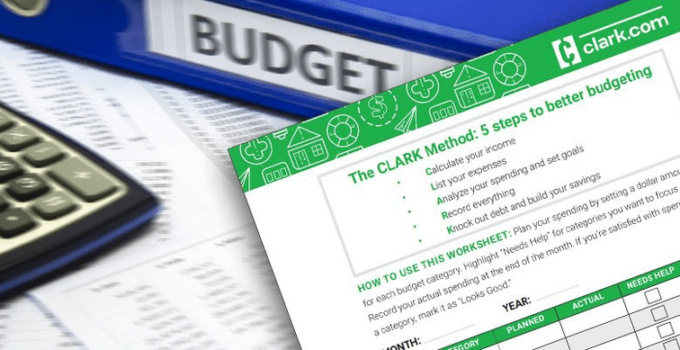Before starting and implementing a budget, you may be inclined to think you are managing your money efficiently. However, you might find that going through the month without a budget in place can mean wasting money that you could be putting towards your financial goals.
While you might find a budget restraining, budgeting can leave you with more money to spend on worthwhile expenses that improve your financial life and happiness. Maintaining your budget can take a tremendous amount of personal discipline, flexibility, and daily upkeep. One of the most important aspects to a successful family budget is learning how to manage your money and how to spend it wisely. Here are 5 ways a budget changes your life!
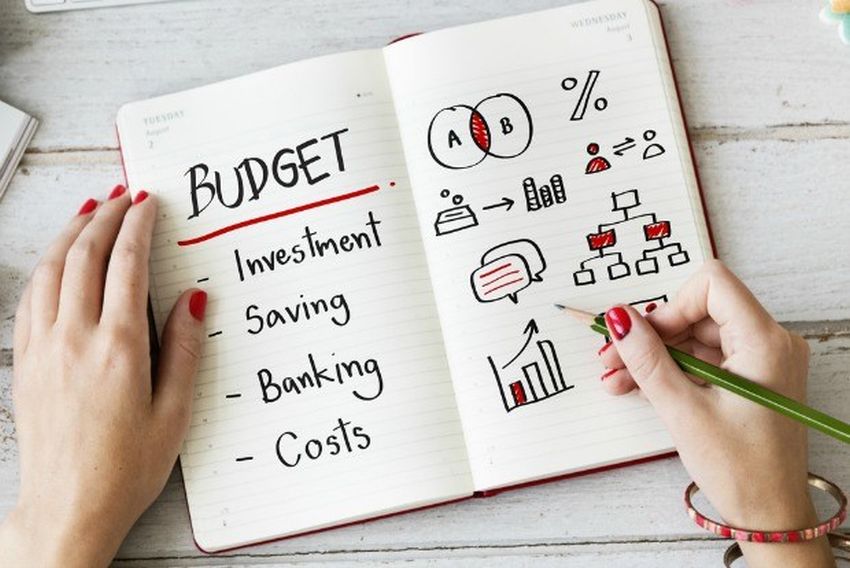
source:sulekha.com
Page Contents
1. Reduces Stress
Financial stress can be one of the most prominent stressors that most people face. When your income isn’t enough to cover your bills every month, it may be time to start looking for a way to reduce stress with a monthly budget. Creating a budget allows you to put pen top paper and see exactly what your expenses are every month, so it eliminates the guesswork from the process, giving you one less thing to worry about. Knowing how much your expenses and income are is a fantastic stress reliever.

source:thebalance.com
2. Align Your Financial Priorities
When a budget is introduced into your finances, one of the main perks is that it helps you accurately determine where your money goes each month. A budget can help you prioritize necessary and important payments. If you have a loan that must be paid each month, one way a budget can help is by establishing this expense as a priority, so you always have enough to cover it. It can be a good idea to consider refinancing a loan if the monthly payments are too high for you to easily afford. Feel free to visit LoanMart to look into refinancing your loan.
Overspending in any one category, as small as it may be, could be what is holding you back from your financial goals. If you have a spouse, budgeting might force you to address your spending habits together. Creating a budget plan and then sticking to it can help establish a better financial bond between the two of you. Pinpoint what bills you both have this month and decide what goals you both need to set.
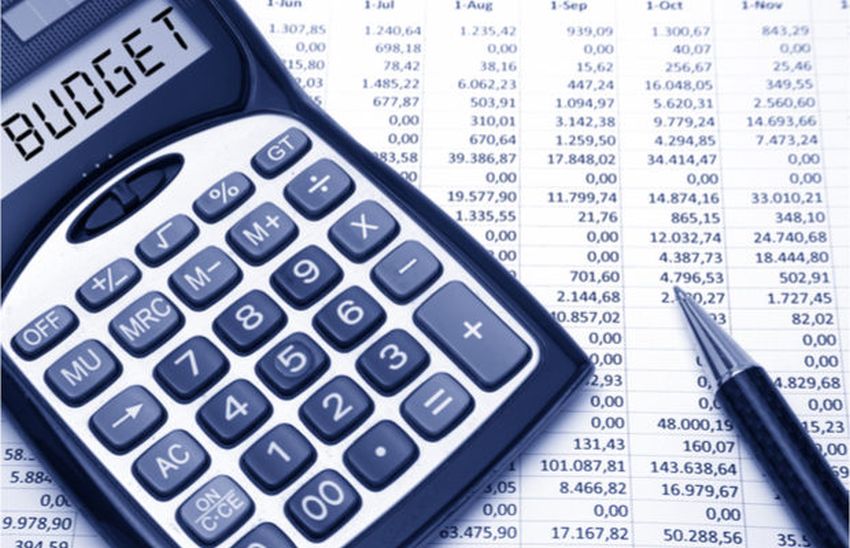
source:boxpromag.com
3. Build Better Financial Habits
One of the biggest advantages of budgeting, you’ll soon discover, is that a budget plan forces you to build better financial habits. One of the biggest examples of this is coffee and lunch.
If you stop for coffee every morning before work, the cost can quickly add up to about $30 to $45 dollars every week. If you’re spending $8-$10 per day on lunch, you’ll be able to save up to $50 a week just by making your own lunch.
Take that money and invest it in a coffee machine, that way you have an extra little sum to pocket every week instead of spending it!
Once you get into the habit of keeping a close eye on your budget, it becomes easier to grow into positive financial habits. One of the simplest ways to cut back on spending is to make sure you are buying groceries that last. Buying generic brands is one way to save a few bucks every trip to the store.
Avoiding foods that are premade is not only great for your body, but for your wallet as well. Buying salad ingredients rather than buying a salad kit at your local grocer can save you a pretty penny. And don’t forget to shop in bulk! Buying more can save you money, especially if you buy the basics like toilet paper, detergent, pasta, meat, and more.
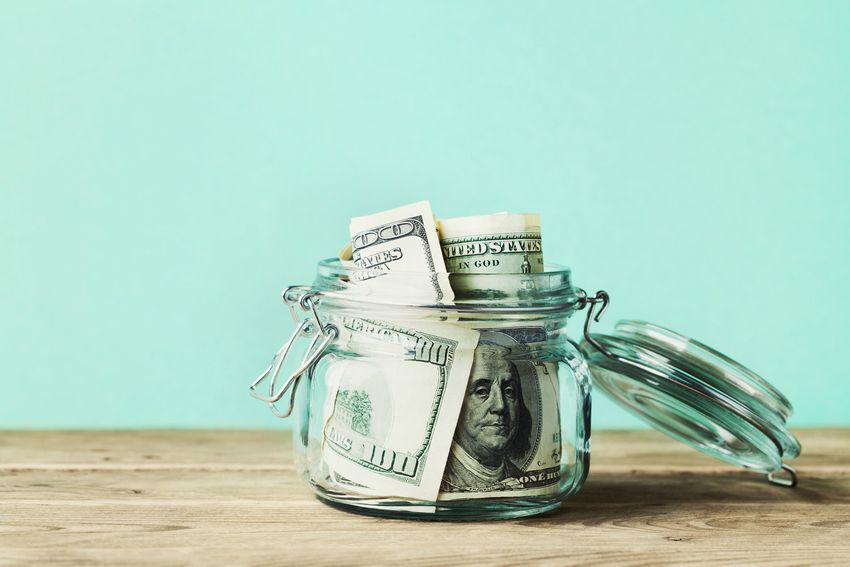
source:goodfinancialcents.com
4. Grow Your Savings
At the beginning of the month, it can be helpful to dedicate a small portion of your income toward a savings account. This can be your emergency fund, so that when a situation arises, you’ll be covered! Ideally, you will want to dedicate at least 10% of your monthly income to an emergency fund.
When your financial priorities have changed due to your budgeting, you may acquire extra money throughout the month that perhaps wasn’t available before. Budgeting can help prioritize your important payments and ensure that there are extra funds at the end of the month. Growing your savings can mean becoming closer to your financial goals!
When your budget is consistently checked on, you’ll potentially find that you have much more financial freedom than before you started. Budgeting forces you to limit what you spend on certain items, which can leave you with a nice little sum to either save or spend on what you really want.
What you can do to secure yourself financially is to designate at least 10% of your income into a savings account every month. This will ensure that you have a backup plan for when finances are tight!

source:home.bt.com
5. Reveal the Problem Areas
Another additional benefit of choosing to work with a budget is that it eventually reveals where your money truly goes. A budget plan forces you to acknowledge what you buy, how often you buy it, and how much it all costs in the end. You will be able to see where you are wasting your money every month.
If you have a lot of subscriptions, such as Netflix and Hulu, it may not even be necessary to have cable anymore. Looking at how you spend your hard-earned money can lead you to diagnose and fixing where you might be overspending.
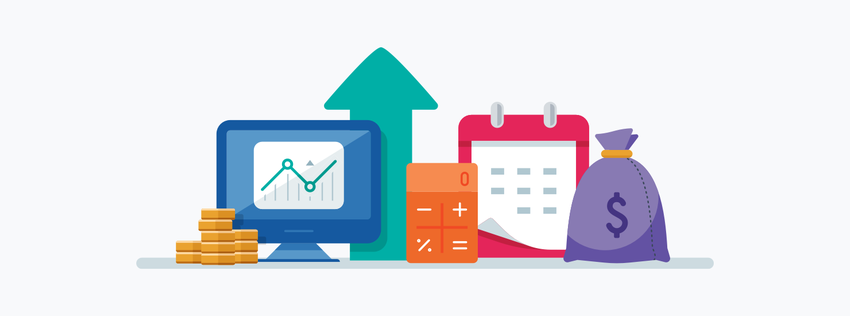
source:home.bt.com
One of the most important tips when it comes to family budget planning is to learn to plan ahead, that way you are never blindsided by unexpected bills or expenses! Take advantage of holiday sales, back to school sales, and clothing sales for future gifts. It’s best to buy everything on sale when you can. Back to school stuff will generally go on sale certain times of the year, and you can take advantage of discounted items by stocking up.
There are numerous tips for family budget planning and utilizing these will further help you take back control of your finances.

